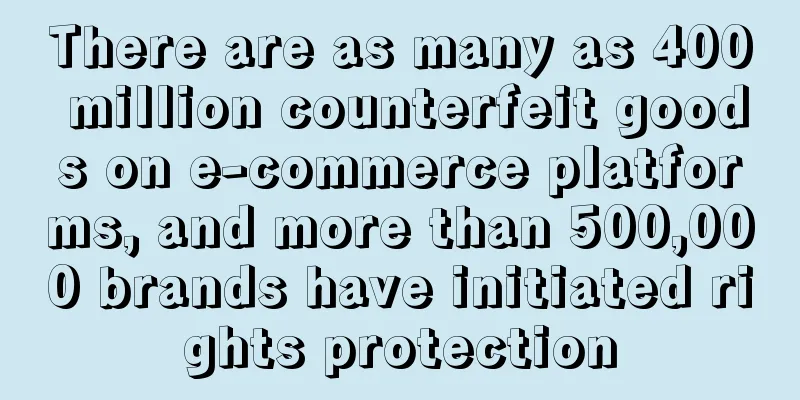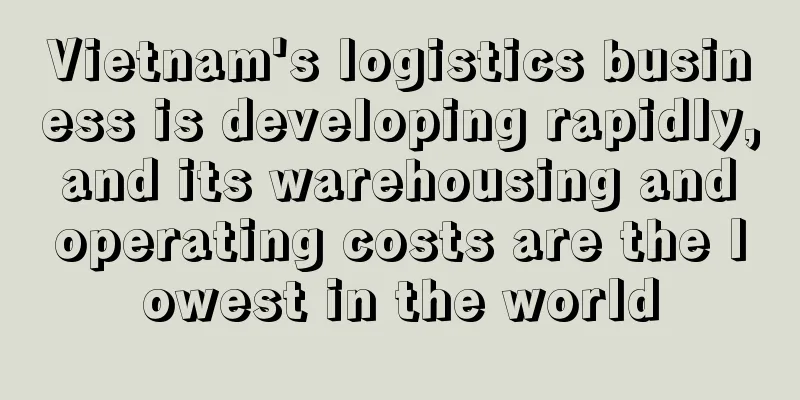What is Royal Mail? Royal Mail Review, Features

|
Royal Mail is a British postal company founded in 1516 and renamed "Royal Mail Group Limited" in 2007. Royal Mail Group currently operates branch business units: Royal Mail, responsible for postal letter business; Parcel Service (Parcelforce), responsible for parcel business; General Logistics System is a subsidiary of Royal Mail Group, responsible for logistics-related business. The letters in the mailboxes on the streets of the UK are all delivered by this company, and Royal Mail staff will clean these mailboxes every day on weekdays.
About Royal Mail ·The Royal Mail has been a public service company for most of its history, operating as a ministry or state-owned enterprise. However, after the Postal Services Act 2011, the Royal Mail began to be privatized, and most of its shares were listed on the London Stock Exchange on October 15, 2013. On December 23 of the same year, it became a component of the FTSE 100 index, with the British government holding only 30% of the shares. In 2015, the British government sold all of its shares, ending the Royal Mail's nearly five-century state-owned status. ·The Royal Mail is one of the largest companies in the UK, undertaking major postal services in the UK and internationally. In addition to traditional postal services such as letters, parcels, express services, postal business offices, etc., its business types also include emerging businesses such as electronic remittances, savings, logistics and a series of business etiquette services. Its innovative and high-quality customer service has made it the number one postal brand in the UK.
Royal Mail Group's main business UK Parcels, International and Letters (UKPIL) and General Logistics System (GLS). In the UK, Royal Mail Group operates under the Royal Mail and Parcelforce Worldwide brands. Outside the UK, GLS is one of the largest ground deferred parcel delivery networks in Europe, providing geographical diversification for Royal Mail Group's earnings and is the growth engine of the Group. GLS is expanding its presence in the European market and capturing high growth areas outside Europe through focused and targeted acquisitions.
Corporate Culture Corporate Responsibility Strategy and Core Objectives: Improve our operations while ensuring we continue to meet our customers' expectations; generate sustainable shareholder value. ·Vision: To be the best delivery company in the UK and Europe. · Committed to: Reducing our environmental impact while remaining flexible and responsive to changing customer needs to meet the challenges facing our industry. Focus Areas: Corporate responsibility considerations are fundamental to the way we do business. We aim to embed these considerations in the way our employees behave, the technologies we invest in, and our contracts with suppliers. We use a risk management process to identify and address issues arising from our business. We report on progress in the areas of Customers, People, Communities, Suppliers and Environment.
Important development history -The Royal Mail was founded by King Henry VIII in 1516. -1635, providing services to the general public. -In 1650, the name "General Post Office" was established as a branch of the central government. -In 1840, the Royal Mail first introduced a nationwide standard postage table for delivery to all regions, as well as affixable stamps. This was the first of its kind in the world's stamp system, and the country was the only country in the world where stamps did not have the country's name printed on them - the Queen's head was used instead of the inscription. -In 1969, the British Post Office was changed to a state-owned enterprise and called "The Post Office". -In 1870, the Royal Mail started telegraph service. -In 1912, the Royal Mail acquired most of the local government telephone offices in the UK and monopolized the telephone business. -In 1981, the Royal Mail separated its telecommunications business in accordance with the Telecommunications Act passed by Parliament and was later privatized to become British Telecom (BT). -In 2000, the Royal Mail was restructured into a government-run public corporation limited by shares, and the entire group was renamed "Royal Mail Group Limited" in 2007. -In 2013, British Minister of Business and Innovation Vince Cable announced the privatization plan of Royal Mail in Parliament. The British government argued that privatization could promote postal business reform. -In 2013, the Royal Mail's letter and parcel business was listed in October 2013, cashing out nearly 3 billion pounds (about 35 billion Hong Kong dollars) for the British government. The British government still holds a 30% stake in Royal Mail, and the original employees are also allocated 10% of the shares. -In 2015, the British government sold all of its shares in the Royal Mail, ending its nearly five-century state-owned status. UK Logistics |
<<: What is Reverb? Reverb Review, Features
>>: What is Exact match? Exact match Review, Features
Recommend
Amazon strongly opposes new US bill to verify sellers' identities
According to foreign media reports, the U.S. Hous...
ThirdLove enters new fields, casual wear may explode in the US
Recently, the American lingerie e-commerce compan...
There are more than 100 brands with revenue exceeding 100 million yuan! It’s the right time for DTC to go global
In the current environment, it has become a gener...
89 new positive cases were reported yesterday, Shenzhen remained silent for two days, logistics were delayed
Recently, the epidemic has rebounded in many part...
What is eNETS? eNETS Review, Features
eNETS is Singapore's leading online payment se...
"Cafe-style" home decoration is popular in South Korea, and this product is in short supply!
It has to be said that Korean consumers are extre...
Comfortable and simple style is popular, and the "socks" series of products are quietly hot-selling!
The high temperature in August continues, and peo...
Alibaba International Station releases "New Foreign Trade Index": Transaction volume increased by 111% in the first half of this year
"In the first half of this year, the total v...
French second-hand e-commerce platform Vestiaire Collective receives 178 million euros in financing
According to foreign media reports, the French se...
What is China South City? China South City Review, Features
China South City Group is a comprehensive trade an...
Emerging markets are rising! Wholesale e-commerce platform Abound raises $23 million
Abound, an online marketplace that helps independ...
30,000 pieces of inventory were suddenly abandoned, the seller said: Save me!
30 million units of inventory were abandoned by A...
Canada recalls three domestic child safety seats! Temu sells them
Recently, the Canadian Ministry of Health issued ...
Another blue ocean market explodes! A large number of Chinese sellers enter the market
As the mainstream e-commerce markets in Europe an...
What is EU-CHINA LOGISTICS? EU-CHINA LOGISTICS Review, Features
EU-CHINA LOGISTICS is the first logistics park in ...









